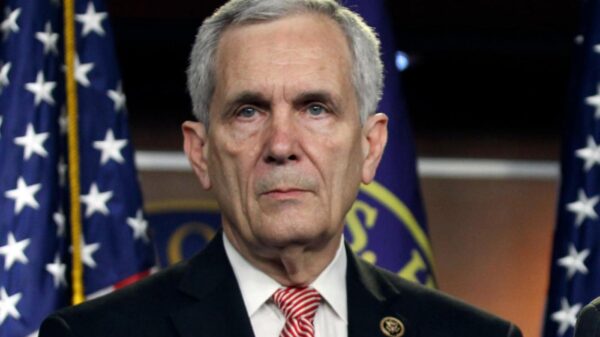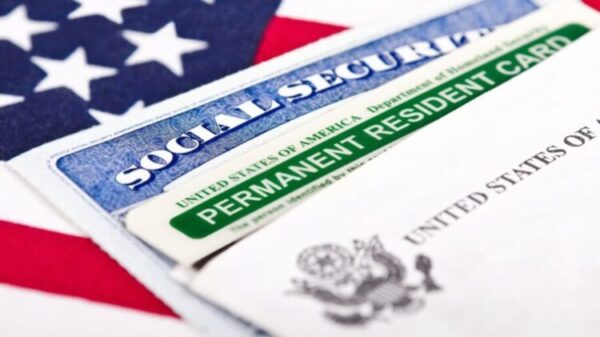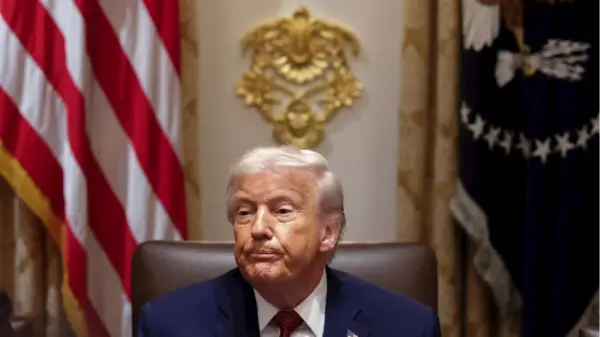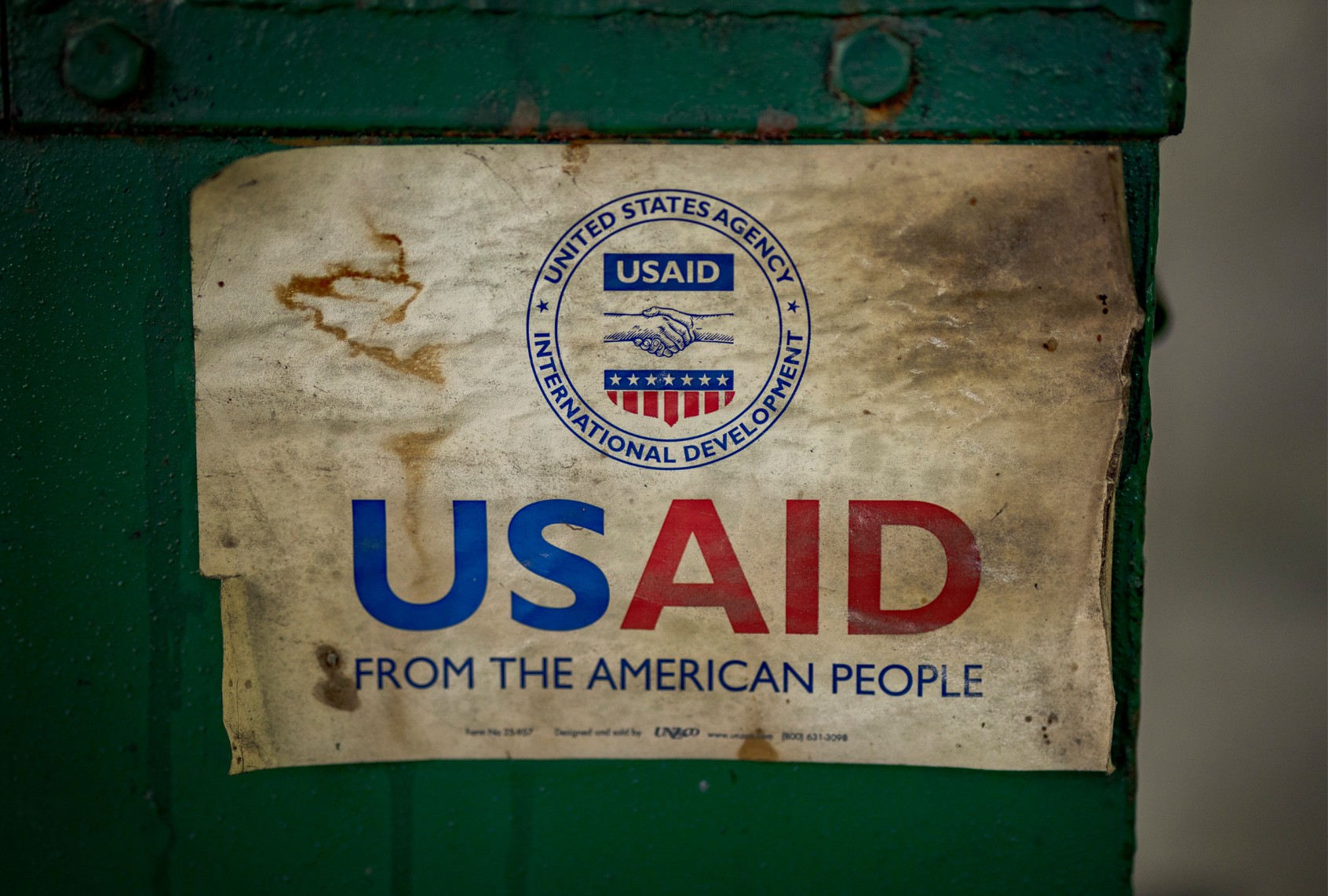The Trump administration’s recent cuts to the United States Agency for International Development (USAID) are jeopardizing global health initiatives and undermining America’s influence abroad. As funding for critical programs has dramatically decreased, experts warn that the humanitarian consequences could be severe, particularly in regions like Zambia, where assistance has plummeted.
USAID has historically been a cornerstone of American soft power, providing aid and support to developing nations while promoting stability and goodwill. The agency, which traces its origins back to the post-World War II Marshall Plan, has played a vital role in combating diseases like HIV/AIDS and malaria. However, under the Trump administration, its budget has been drastically slashed, raising concerns about the future of health initiatives worldwide.
Impact of Funding Cuts on Global Health
In Zambia, for instance, assistance from USAID peaked at approximately $409 million in 2024, but projections for 2025 indicate a staggering reduction to $61.6 million, representing an 85% cut. More than half of these funds were designated for fighting HIV/AIDS, a critical public health issue in the country. This decline is particularly alarming given that the previous ten-year average for USAID’s HIV/AIDS program in Zambia was approximately $147.7 million.
The consequences of such steep reductions are dire. As funding diminishes, the infrastructure necessary to deliver life-saving therapies and support will falter. Patients who rely on these programs for essential medications and services may face increased health risks. The potential for an uptick in preventable deaths looms large as access to treatment becomes increasingly compromised.
The Trump administration’s approach to USAID has been characterized by a lack of strategic planning. Initially intended to downsize the agency, actions taken during the second Trump administration have led to widespread layoffs and the appointment of unqualified individuals in key positions. This has prompted a cycle of resistance from dedicated employees, further destabilizing the agency.
Consequences for America’s Global Standing
Beyond the immediate impact on health programs, the dismantling of USAID raises questions about America’s role on the global stage. As countries that once benefited from U.S. support feel abandoned, the potential for increased influence from rival nations grows. Experts argue that the long-term ramifications could include weakened diplomatic relationships and reduced leverage in international affairs.
The administration’s justification for these cuts often centers around allegations of inefficiency and waste. Critics, however, argue that the issues within USAID stemmed not from rampant abuse but from an overzealous commitment to accountability and oversight. Experienced contractors and agency veterans have noted that extensive auditing processes were in place to ensure funds were used appropriately, and that bypassing bureaucratic hurdles was occasionally necessary to deliver aid effectively.
The impact of these cuts extends beyond international aid. The National Institutes of Health (NIH), which funds critical biomedical research, has also faced budget constraints under the Trump administration. These cuts have led to the termination of over 113 clinical trials across the United States, affecting thousands of patients who depend on experimental therapies for survival.
As the agency’s capacity diminishes, the potential for loss of life and suffering increases not only abroad but within the United States as well. The ramifications of neglecting public health initiatives resonate deeply, impacting both individual lives and broader societal stability.
The erosion of USAID and similar agencies sends a clear message about priorities. While the administration touts a commitment to “America First,” this approach risks isolating the nation in an interconnected world where collaboration and compassion are vital to addressing global challenges. As the landscape of global health continues to evolve, the need for a robust U.S. presence in international aid remains critical for ensuring both humanitarian outcomes and national interests.
In summary, the cuts to USAID represent a significant departure from decades of American leadership in global health. The consequences for vulnerable populations are dire, and the potential for diminished American influence on the world stage could have long-lasting effects. As experts continue to assess the fallout from these decisions, the need for a reevaluation of priorities in U.S. foreign aid remains urgent.






































































